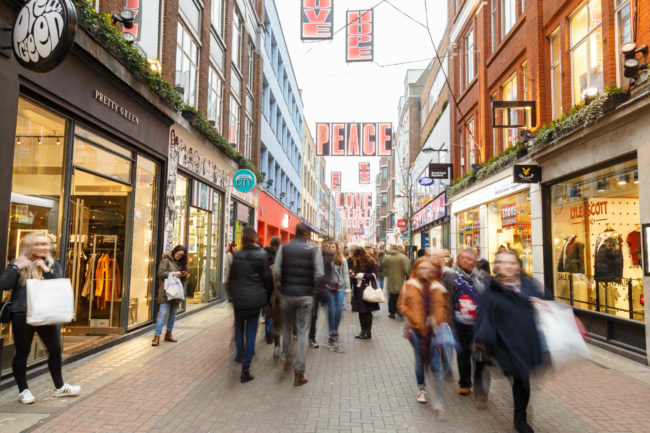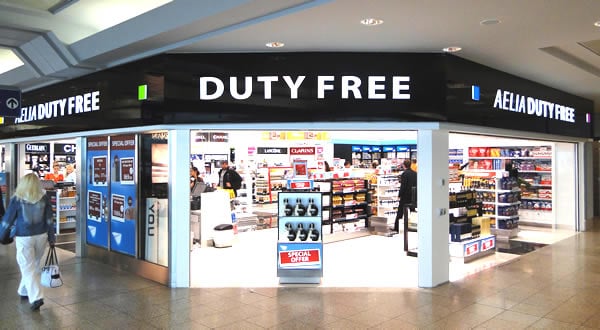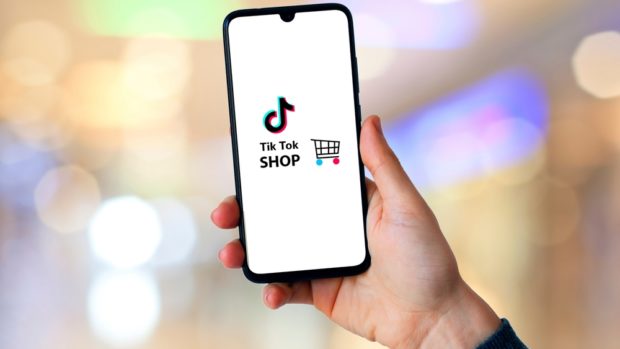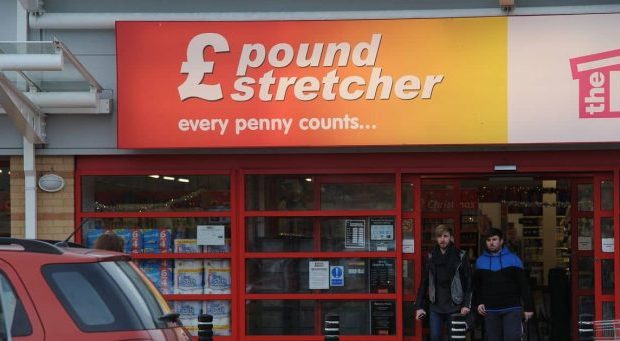
Despite store closures, there are positive signs that retailers are planning to invest in-store and hoping to reignite demand through closer digital integration, a new report has found.
Original research of 200 retailers in the ‘GET SET. GROW: How UK retailers are preparing for the return of demand’ report, from Klarna and Visualsoft, suggests that more than two-thirds of retailers will be investing in digital in the next 12 months.
The vast majority (88 per cent) of retailers are taking steps to ensure a smoother and more seamless omnichannel experience for consumers, meaning customers will be able to pick up where they left off on one channel and continue their buying journey on another. Over a quarter (28 per cent) of retailers plan to make customer profiles available across all channels including providing access for in-store staff and linking inventory to create an endless aisle (27 per cent).
Brands believe demand for in-person shopping remains strong, with over half (54 per cent) of retailers saying physical outlets will always be a key focus for their brand and will co-exist with online channels for some time.
With the high street seemingly set to remain a core aspect in driving a great customer experience, over half (56 per cent) of brands believe today’s technology will act as the crucial link in allowing customer experiences to be replicated online.
Over the last year new forms of in-store technology, such as virtual reality, data analytics, and other rapid digital evolutions, have provided opportunities for companies to innovate and re-invent the in-store experience. From Ralph Lauren’s new immersive store, gaming and customisable product experiences to beauty brands like Charlotte Tilbury who have leaned heavily into VR and avatars to create an in-store experience online.
Retailers say they will be investing in a number of tech initiatives over the next 12 months, prioritising:
- building more responsive websites (27 per cent)
- in-store signage promoting online-exclusive items (24 per cent)
- ensuring in-store staff are equipped with mobile point of sale (mPOS) systems (23 per cent)
- using QR codes to join the gap between offline and online
David Duke, Digital Director at Visualsoft, said: “There’s no denying the last 12 months have brought about a massive increase in online shopping, with lockdown playing a big part, as non-essential physical shops remained off limits. For many, these events felt like a sudden shift of power in retail. But the reality is huge changes have been building for some time.”
“As our reasons for shopping have changed, online and offline retailers must also adapt. Ecommerce disrupted the traditional route to market of sourcing a product, shipping it and selling it in a physical location – a trend the pandemic put rocket boosters under.”
Alex Marsh, Head of UK at Klarna, commented: “Although some of this shift to online is undoubtedly permanent, retailers should be looking to include in-store in their digital strategy.”
“Consumers are seeing a completely different high street to the one they knew before the pandemic. In the last few months, some of the most established names have disappeared to online players, dramatically changing the way we shop.”
“Having a truly connected vision will be crucial as consumer spend becomes more evenly split across channels. And finding new ways to bring the virtual and physical worlds together will be the key to making that happen.”








Share